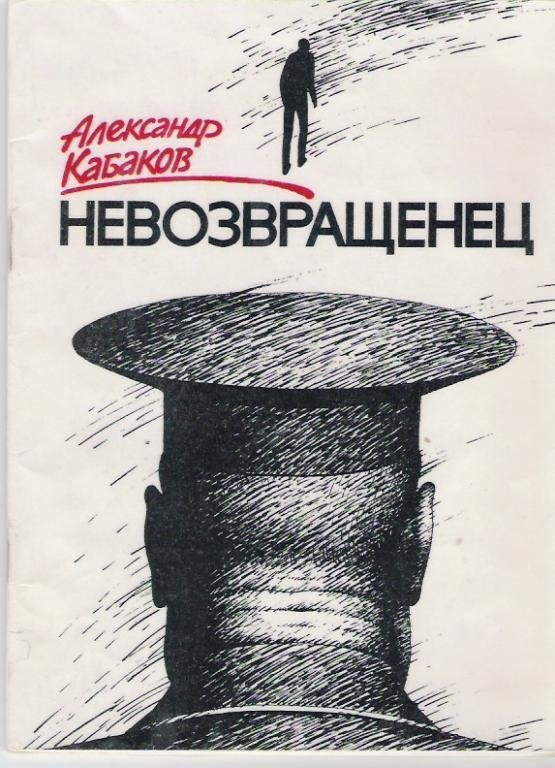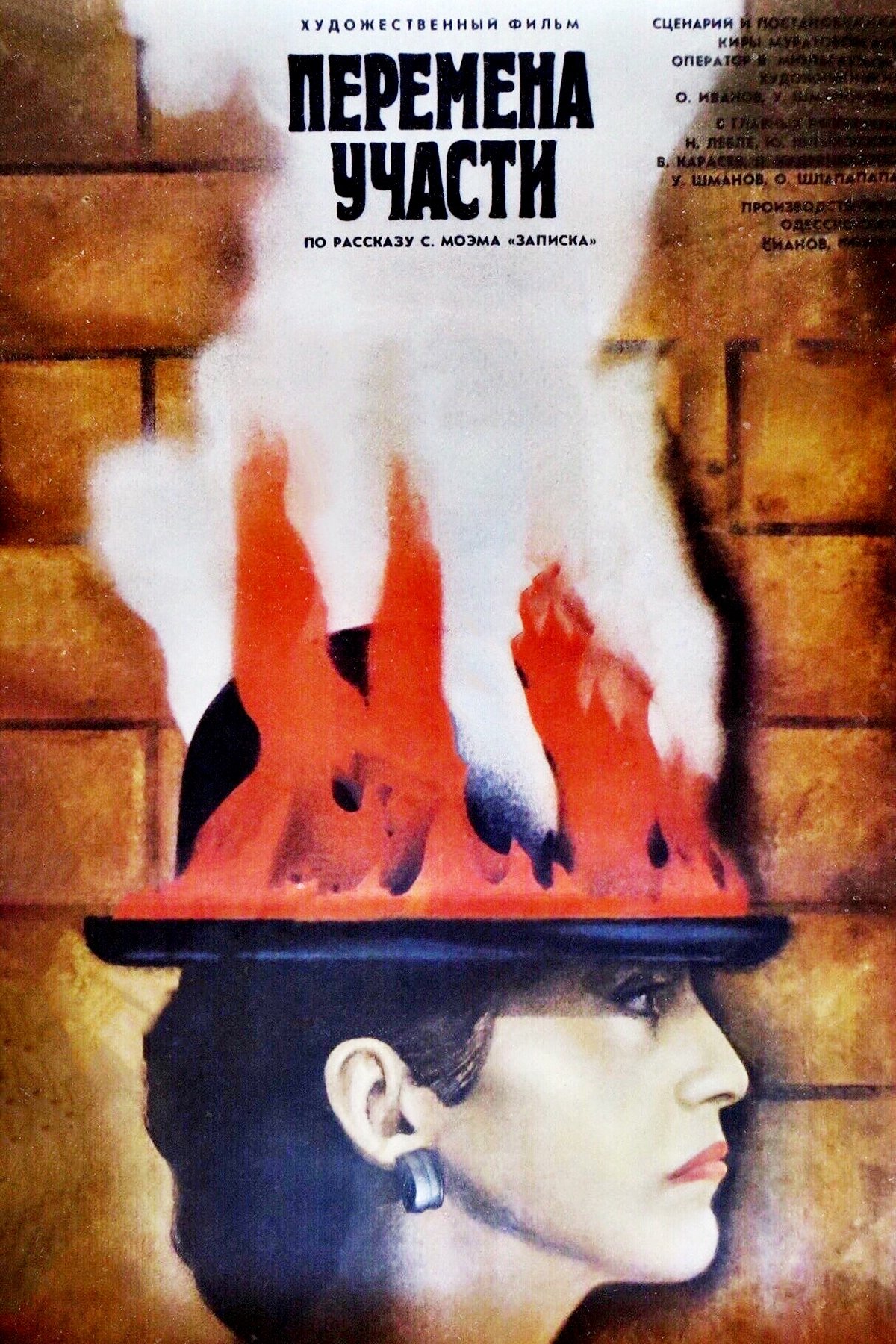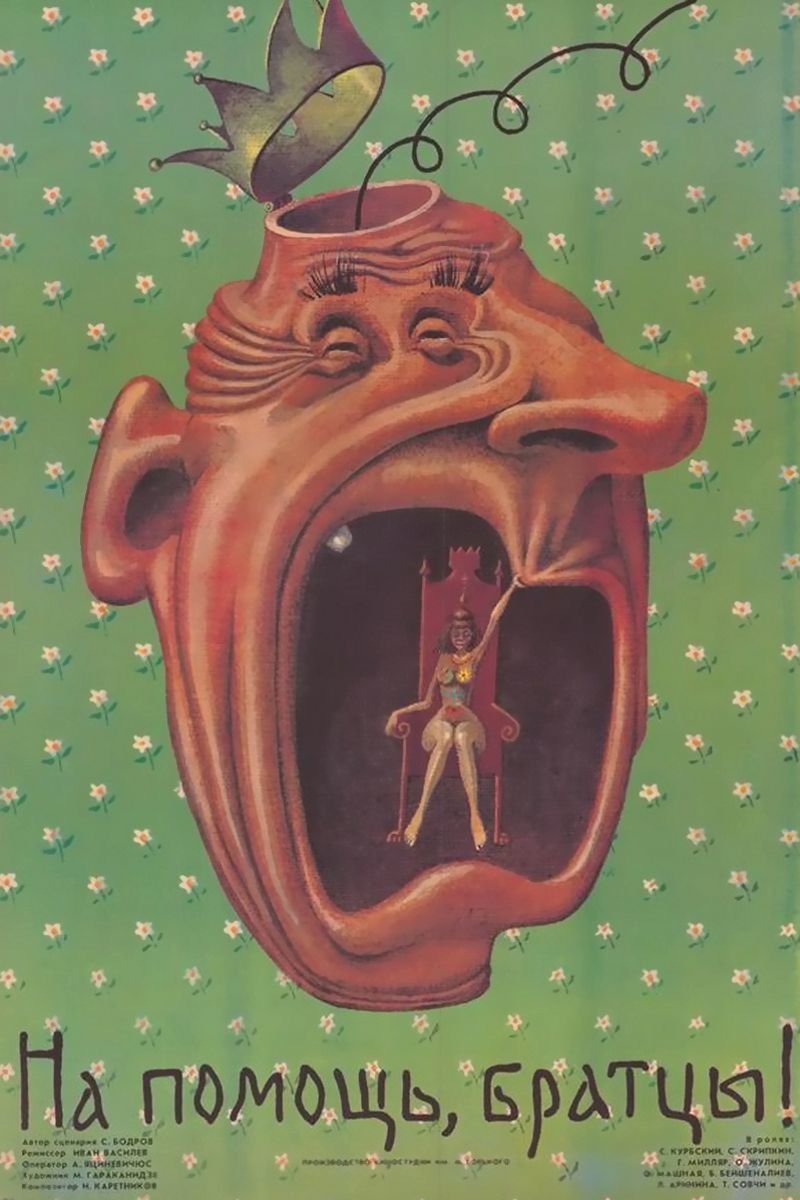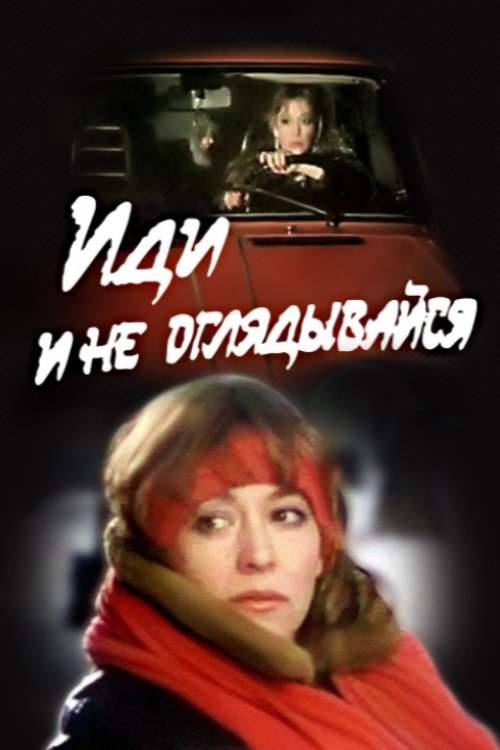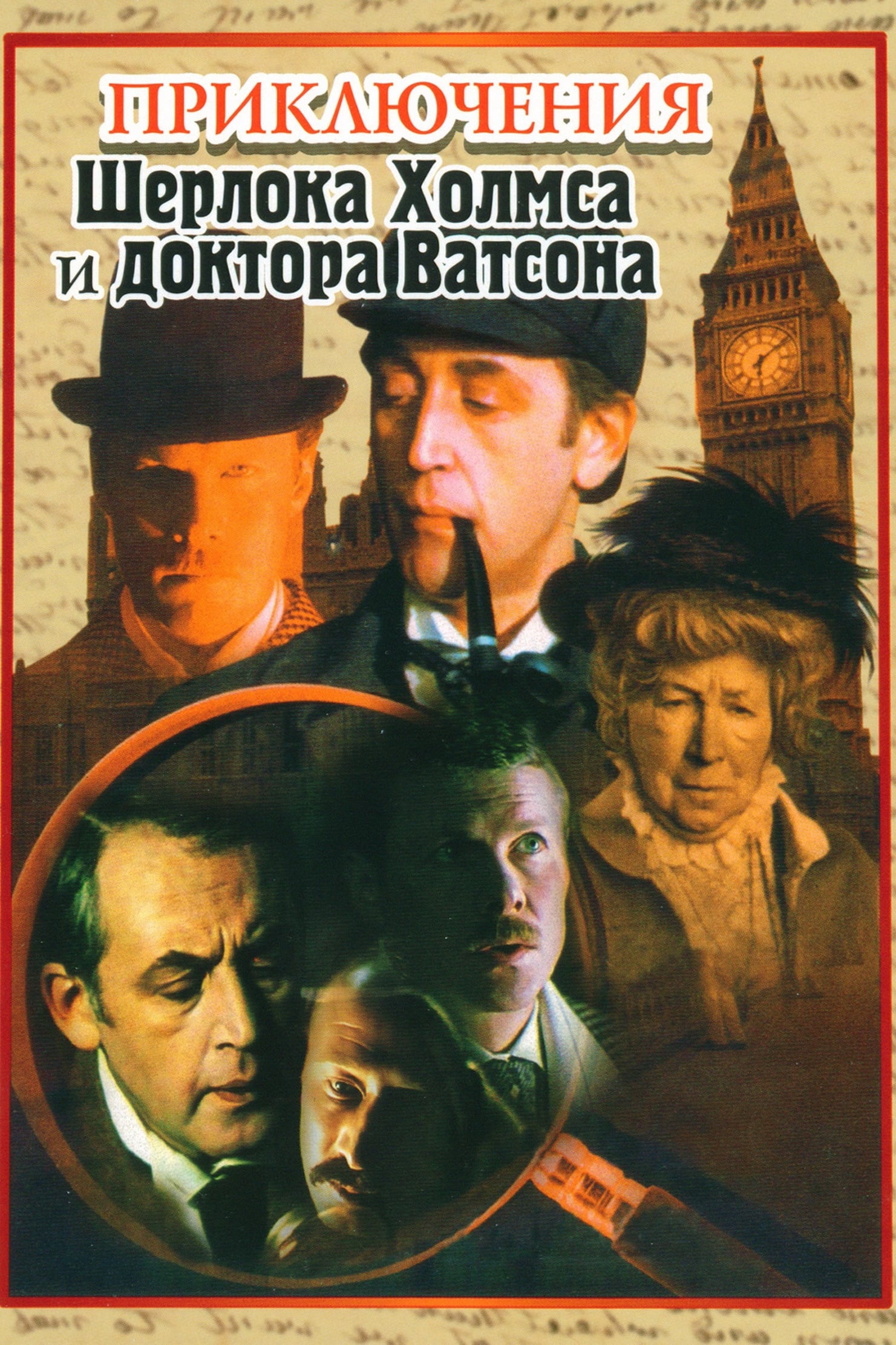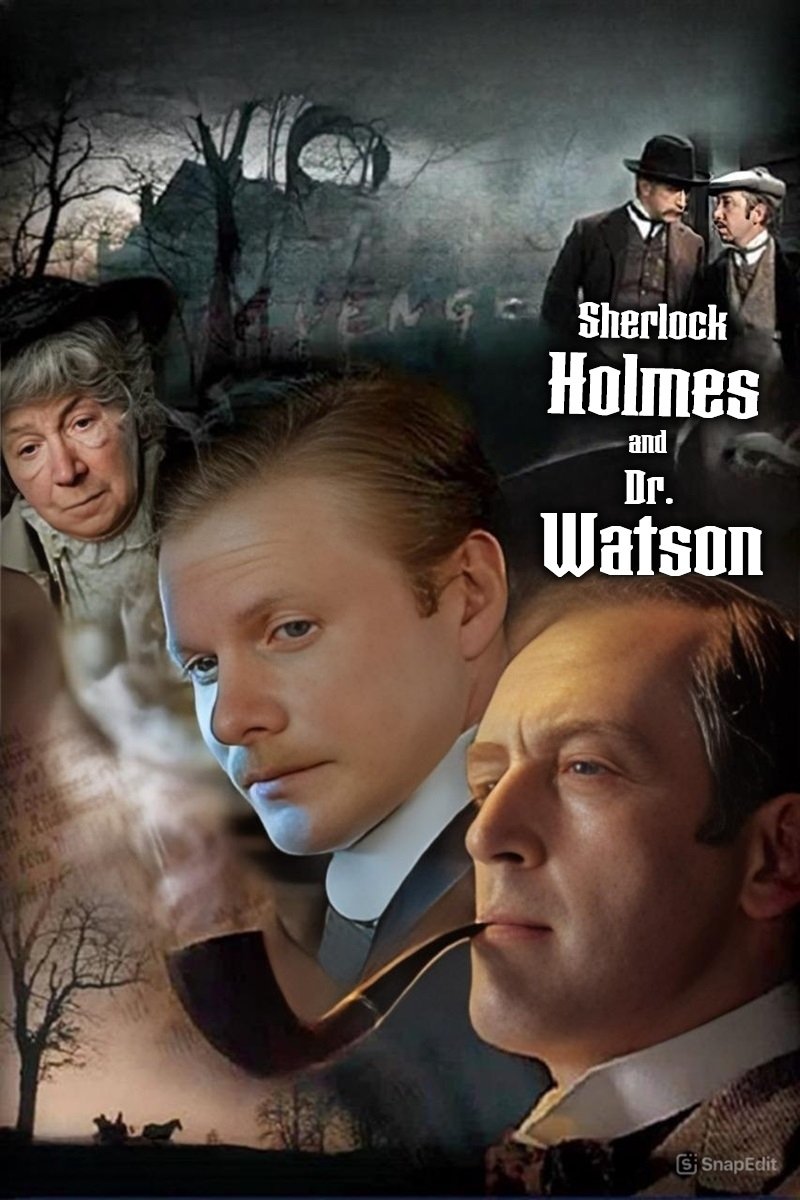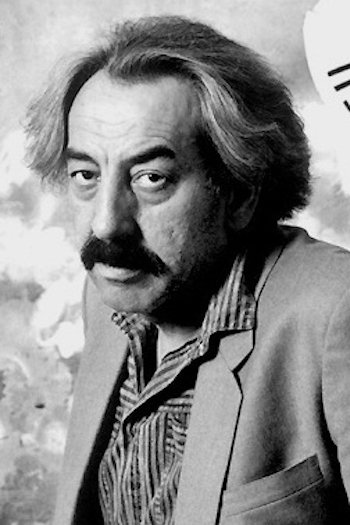
Viktor Aristov
1943-06-09 | Budyonnovka, Kirghiz SSR, USSR
1994-01-02
Viktor Fyodorovich Aristov (Russian: Виктор Фёдорович Аристов; 9 June 1943 – 2 January 1994; Budyonnovka) was a Soviet film director and screenwriter. He directed five films between 1980 and 1994. His 1991 film Satan was entered into the 41st Berlin International Film Festival where it won the Silver Bear - Special Jury Prize. He was born on June 9, 1943 in the village of Budyonny of the Kyrgyz SSR. Prior to studying at the Institute, he worked as a stage driver at the Dzhambul Regional Drama Theater, a track worker at the tram and trolleybus department in Leningrad, a senior engineer at the A. Herzen Pedagogical Institute. In 1968, he graduated in absentia from the directing department of the Leningrad State Institute of Theater, Music and Cinematography (LGITMIK). As an assistant, he helped director Ilya Averbakh on the set of the film "Drama from Ancient Life", and as a second director he worked together with Alexey Herman, Sergei Mikaelyan, Joseph Heifitz. In addition, he starred in several films, including Kira Muratova in "Asthenic Syndrome" and "Learning the White World", Igor Maslennikov in "Sherlock Holmes and Dr. Watson. Bloody inscription", by Sergey Snezhkin in "The Non-Returnee". In 1978, based on the story of Vasily Shukshin, he directed the short film "Brothers-in-Law", which was released only in 1987. In 1979, he wrote the script for the film by Dinara Asanova "The Wife is Gone". Fame came to director Viktor Aristov after the release of the film "Gunpowder". This work was awarded the Main Prize of the Leningrad Young Cinema Festival in 1987. Interest was also aroused by the director's new picture — "It's Difficult for the first hundred years", and Viktor Aristov's next work, the psychological thriller "Satan", shot by him according to his own script, won the Silver Bear prize at the 1991 Berlin Film Festival. While working on the film "Rains in the Ocean", the director died, and the shooting of this picture was completed by Yuri Mamin. He was buried at the Komarovsky cemetery (Komarovo village, St. Petersburg).
